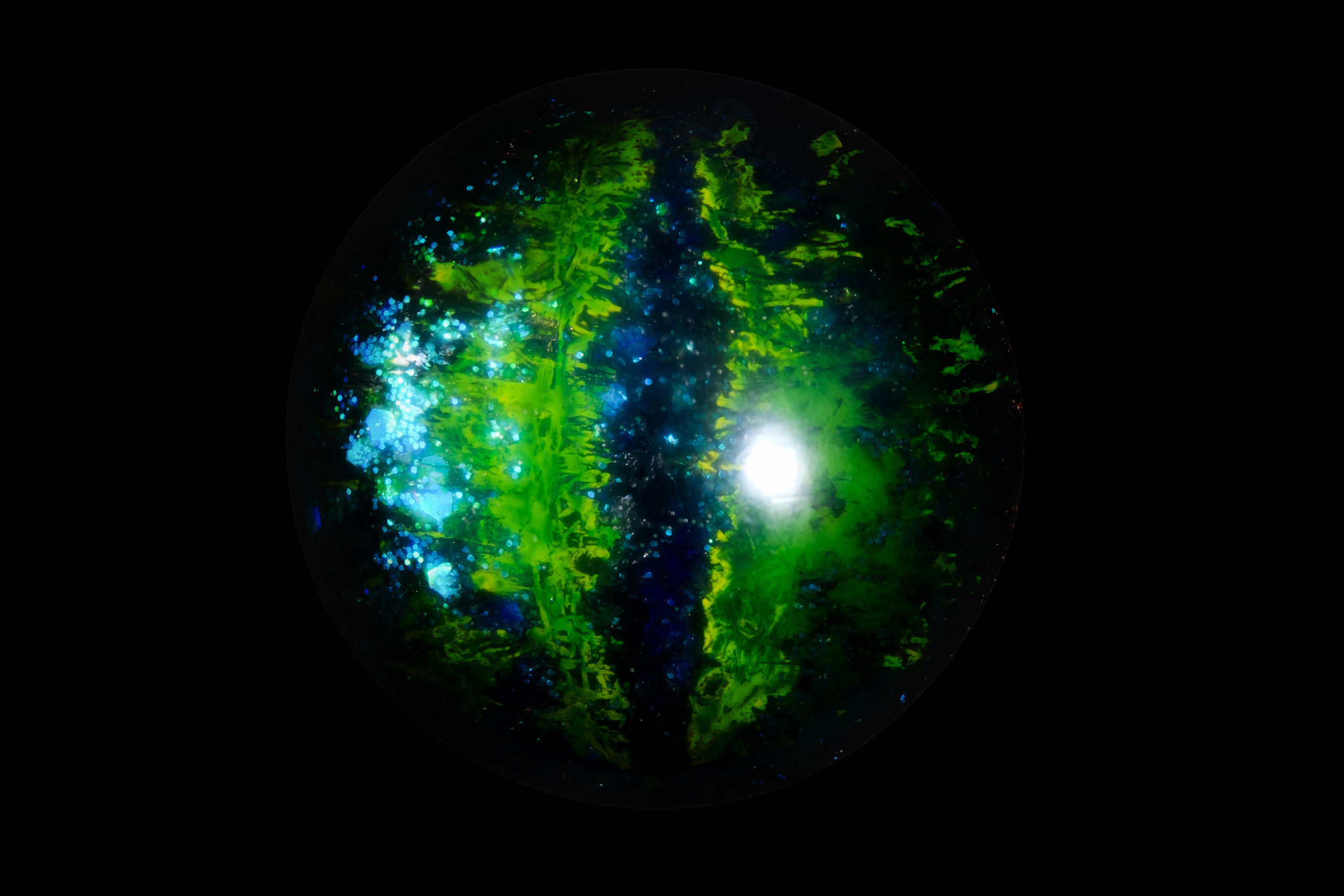
Evidence for Intelligent Design from Biochemistry
A Series of Eyes How do we see? In the 19th century the anatomy of the eye was known in great detail, and its sophisticated features astounded everyone who was familiar with them. Scientists of the time correctly observed that if a person were so unfortunate as to be missing one of the eye’s many integrated features, such as the Read More ›





